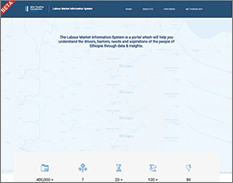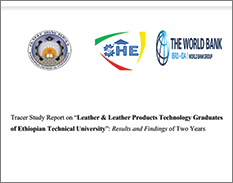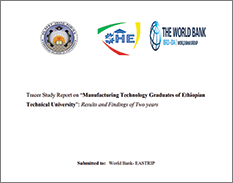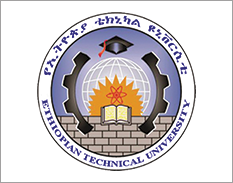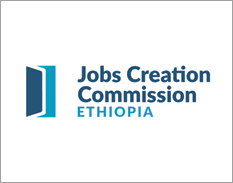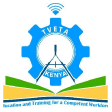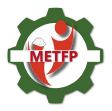Ethiopia
Ethiopia adopted a federal constitution in 1995, which provided for the establishment of a Federal Democratic Republic form of government with nine regional states and two city administrations.
Ethiopia had a major shift in its TVET sector, moving from an input-based system to an outcome based, demand driven system as of 2008 (MoE, 2008). In 2006, the Ministry of Education (MoE) drafted the National TVET Qualification Framework. In the following year, the MoE determined the need for the development of an all-encompassing ENQF that also includes general and higher education and TVET. Finally, the ENQF was established as a framework with eight levels, replacing a previously existing framework that had 10 levels. The ENQF is a linked framework made-up of three sub-frameworks (General Education, TVET, Higher Education). The qualification level or competency level of the required workforce is expressed in the document called Occupational standard (1MoE, 2008). Occupational standards are a combination of competencies which are required by an individual to do certain jobs and these competencies need to be at the same qualification levels according to the national qualification framework (MoE, 2008). Occupational Standards (OS) are approved by the respective ministry/organisation. (example, Mining OS is approved by the Ministry of Mining). Once the Occupational Standards (OS) are approved the TVET Curriculum is developed and implemented.

Source: UNESCO UNEVOC
Following are the key TVET legislations, policies, strategies
● Ethiopian Technical and Vocational and Training Policy and Strategy (2020)
● Draft National Qualification Framework
● TVET Qualification Framework (From Level l up to Level V)
Technical and financial partners supporting TVET in the country
● UNESCO-BEAR II, in Agro food processing OS, curriculum and TTLM development.
● ILO-Global Skill for Life long learning, for Textile, Garment, Hotel and Hospitality OS, curriculum and TTLM development.
● JAPAIGO, on Water work OS, curriculum and TTLM development and
● ADRA on Solar OS, curriculum and TTLM development.
Sectoral associations are the common employers’ groupings including the chamber of commerce, but all have minimal involvement in quality assurance of TVET. Most companies are very much willing to work with TVET colleges particularly on dual training or cooperative training and many have already started. But, the quality of cooperative training needs to be improved through better engagement of employers’ and employees’ associations which is not yet done. Key activity engagements include:
● TVET OS and curriculum
● Participation as Assessor/s.
● Involved as industry skill trainer/instructor




